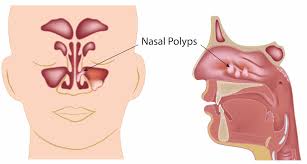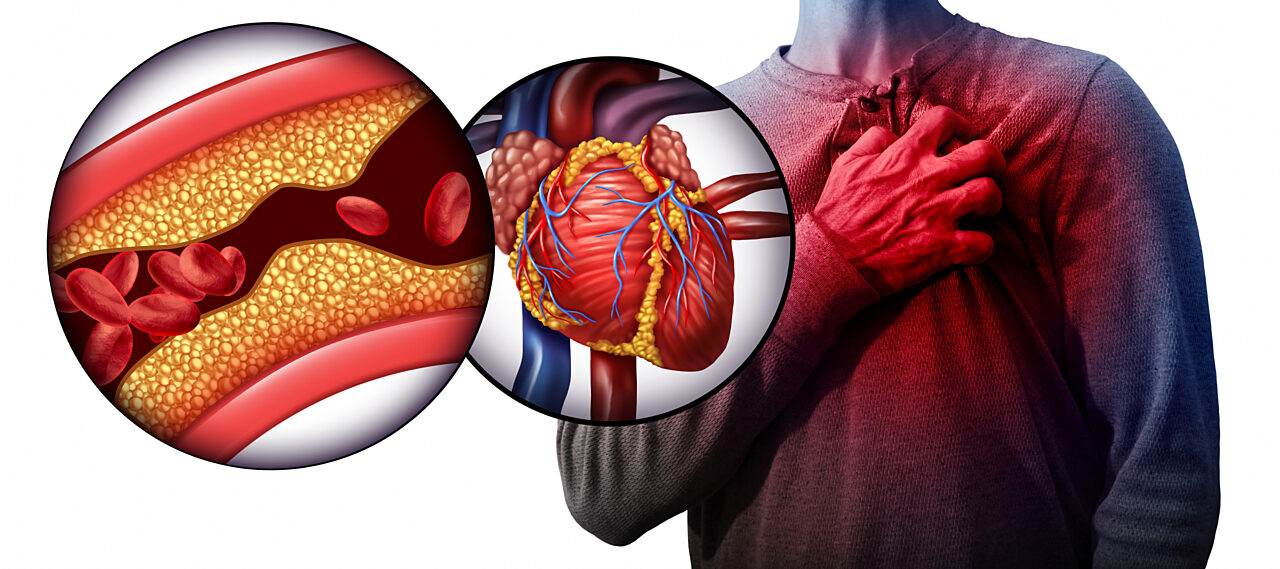Asthma
What do we know about asthma?
Asthma is a lung disorder that makes breathing difficult. It has narrow, inflamed airways (trachea). "Asthma" is an ancient Greek word meaning "shortness of breath", and as the name implies, it makes you choke for air. One of the signs of asthma attacks is shortness of breath with difficulty in breathing. Other symptoms of asthma include chest tightness, and cough.
Effect of asthma on breathing
During an asthma attack, the airways become inflamed and become tender. Inflammation narrows the airways, making it difficult to breathe, often leading to panting and gasping. Three factors contribute to this contraction:
- Inflammation
- Bronchospasm
- Hyperactivity (asthma trigger)
Asthma trigger (allergic and non-allergic)
Asthma can have allergic and non-allergic triggers. There are many allergens that can trigger allergic asthma. Some of these allergies are:
- Pollen
- Dust
- Mold
- Domestic animal
- Some foods, including peanuts, poultry, dairy, soy and fish
- Sulfites
- Latex
10 Special Ways to Control Your Asthma
Avoid fumes
The main symptoms of asthma are more common in smokers. Non-smokers should avoid tobacco smoke as well, which can damage the airways and cause an asthma attack.
What triggers your asthma?
If you can identify the things that trigger your asthma, you will be able to avoid experiencing an asthma attacks. Things with strong odors, cold weather or smoky air can trigger asthma.
Avoid allergies
Symptoms of asthma may include allergic reactions. Keep additional information about allergy levels during the allergy season particularly in winter.
Reduce stress
Stress is a common trigger for most people with asthma. When a person is stressed, the body releases hormones that increase respiration and heart rate. Finding ways to relax can help a lot to prevent and reduce risk of being asthma.
Find the medicine that works best for you
A person with asthma usually needs two types of medication: one for emergencies that work faster and longer, and one for greater relief. An allergy specialist or asthma specialist can help you on the walk where you need medication and can be very effective for you.
Exercise
Exercising regularly can dramatically improve asthma disease. However, some exercises are actually harmful so it is important to be deliberate about the specific type of exercise you are doing.
Keep your home clean
Carpets, furniture, pets, bedding and other household items can accumulate allergens, dust, and cause problems with asthma. Vacuum, mop and dust your home regularly to reduce symptoms show by uncleaning of home.
Eat healthy
Getting certain vitamins and nutrients in your diet can play an important role in controlling asthma symptoms. Vitamin C, for example, is anti-inflammatory. It helps clear the airways and improves the function of the lungs.
Spend some time in the sun
When we spend time in the sun, our body produces vitamin D, which is important for overall health and helps a lot in reducing asthma problems.
There is an emergency asthma plan
If an asthma attack occurs, you need to have a plan that you and those around you know about. If medications are needed, write down how to take them.
Regard: Dr. Naveed Shahzad











